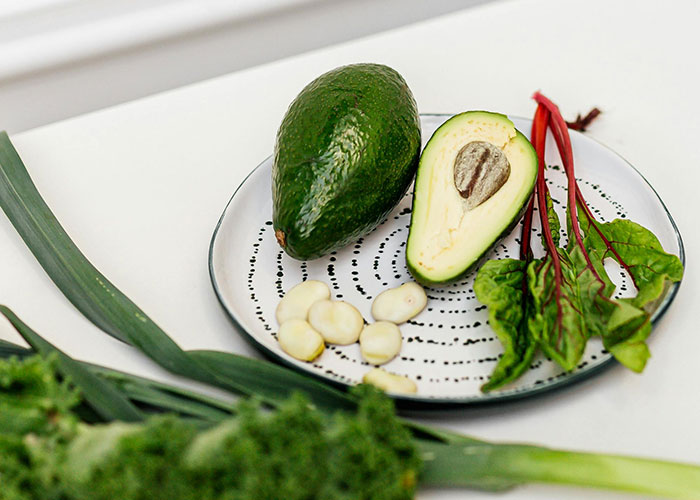Packing a Nutritional Punch with Superfoods

As you get older, your appetite may vary, your metabolism slows down, and you may be facing different health challenges than you did when you were younger. That makes it even more important to ensure that the foods you are eating are supporting your nutritional needs. There has been a lot of hype in recent years about “superfoods,” and while they’re not a cure-all, they can be a valuable addition to your diet.
Table of Contents
What are Superfoods?
Superfoods are foods that tend to be more nutrient-dense than other options. They contain higher levels of essential vitamins, minerals, and antioxidants, ideally providing more health benefits than less nutritious choices. The list of suggested superfoods is not exclusive, as there are a variety of foods that could fit within these guidelines. It depends on your overall diet and goals.
What Foods are Included?
Here are some common foods that are generally considered to be nutritional powerhouses.
- Blueberries: Not only are blueberries high in fiber, vitamin C, and antioxidants, but they are also considered to have anti-inflammatory properties. They can improve digestion, fight back against heart disease and diabetes, and help you better manage your weight. Blueberries are delicious fresh or frozen and can be added to cereal, oatmeal, yogurt, salads, smoothies, baked goods, and more. Don’t overlook other berries like strawberries, raspberries, and blackberries as well!
- Seafood: You can look for fresh, frozen, or canned options of a variety of fish like salmon, tuna, trout, or sea bass. They are packed with healthy omega 3 fatty acid and vitamin B12. Plus, fish is a good source of lean protein.
- Dark, Leafy Greens: Stock up on kale, spinach, arugula, collard greens, and Swiss chard. They make for a nutritious salad base, can be a sandwich topping, or cooked and served as a side. These veggies will help you boost your intake of calcium, iron, magnesium, folate, and vitamin C. Plus, they’re a good source of fiber to support digestion.
- Nuts and Seeds: They may be small, but they can still pack a punch. Almonds, pecans, walnuts, cashews, sunflower seeds, chia seeds, pumpkin seeds, and more can all add a tasty crunch to your diet whether eaten on their own or combined with other foods. They are full of protein, fiber, and heart-healthy fats. Just manage your portion size because they can be high in calories too.
- Avocado: Go ahead and enjoy your avocado toast or toss a few slices on your sandwich or salad. This nutrient-dense fruit is full of fiber, healthy fats, and a variety of vitamins and minerals. It may help reduce your risk of heart disease and diabetes.
- Legumes: This category of food encompasses beans, lentils, and even peanuts. You can find them dried or canned, but if you opt for the canned version, try to choose low-sodium varieties. Legumes are high in fiber, protein, and B vitamins. They can help with weight management by keeping you feeling fuller longer and may also play a role in reducing cholesterol and blood pressure.
Make some healthy swaps in your diet to incorporate more superfoods and boosting your nutrition. Try new recipes and foods you may not have eaten before to see what you like. You may be surprised.
An in-home caregiver can help you plan your weekly menu, go grocery shopping, prepare meals, and provide companionship while you eat. This can support you in eating more well-balanced meals and meeting your nutritional needs. Contact Always Best Care at (855) 470-2273 to learn more about available services and schedule a free consultation.





